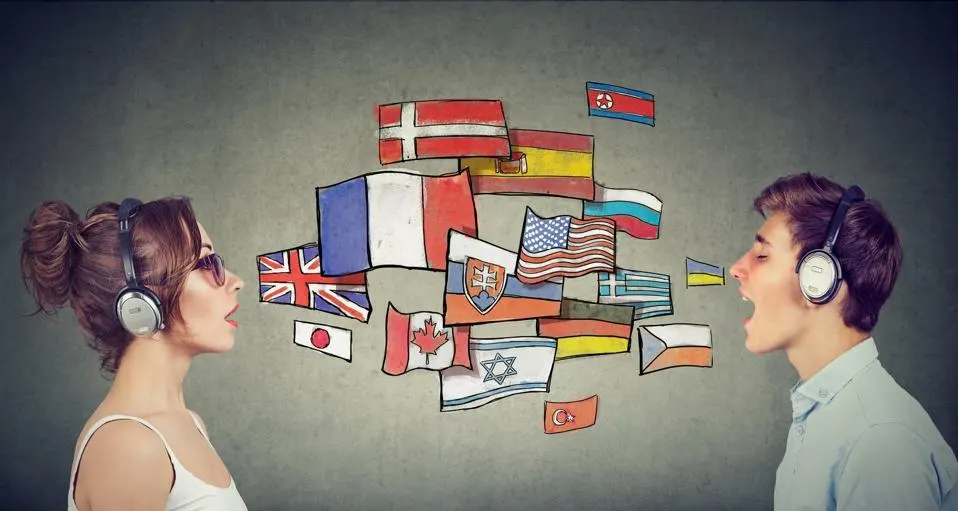“Why is your accent so different… so thick?” There is no malice in the question — my friend is genuinely curious. “Well, it is so Indian because… I live in India,” I explain. Someone else chides my friend, telling her not to focus on my accent. I am not offended or hurt, but it compels me to think: why did I feel, for just a second, that my accent was something to be ashamed of? Why was I so easily ashamed of something that had surrounded me all my life? And on top of all that, why did my other friend think it was a hurtful question to ask?
There is so much cultural capital attached to an accent, even in this day and age. While European accents are considered cute, the word “thick” is used to describe Southeast Asian ones. The word “thick” is never associated with anything attractive, never desirable. In many countries like China, Korea, and Japan, it is important to appear attractive to the West, a.k.a. America. Even teachers with American accents are preferred to those with accents local to the area.
Beyond indicating where one is from, accents evoke a bunch of preconceived notions. For example, Indian accents indicate an inclination towards STEM, pushy parents, and bhangra.
I have always known that if I let myself completely drown in my American friends’ accents, and block out the everyday voices I hear in person in India, my accent will also accordingly change.
But I’ve always stubbornly clung onto the way I speak. I realize that I have kept my accent because I am proud of what it represents and it gives me roots, a history, a culture I am very proud of. It isn’t even just about my accent, it’s also all my associations with it and the deep connection it has to my childhood: the sabzi wala, the coconut cutting anna I visited after school everyday for a refreshing drink, and even the flower seller I’d heard pitching his wares desperately to any passer-by in the hope of a large sale. Their tone, the way they spoke, it was all so connected to the passages of my childhood that I loved and I was now questioning the very same things just because of one simple question about the way I talked.
Do I want to sound like everyone else sometimes? Yes. However, Indian languages are spoken much faster than English, which results in the pace of my spoken English also being faster than that of my American friends; I am worried they cannot understand me. I hope that we can all make efforts to understand unfamiliar accents. Because if we don’t, we erode not merely an accent, but also the attendant culture and identity that come with it.


Dahlia Gray • Feb 16, 2024 at 12:10 pm
I really agree with the author’s thoughts on accents and their connection to one’s cultural roots and uniqueness. These are the things that make us special. 🙂
Rishi Janakiraman • Feb 16, 2024 at 6:49 am
LOVE this, Kaveri!